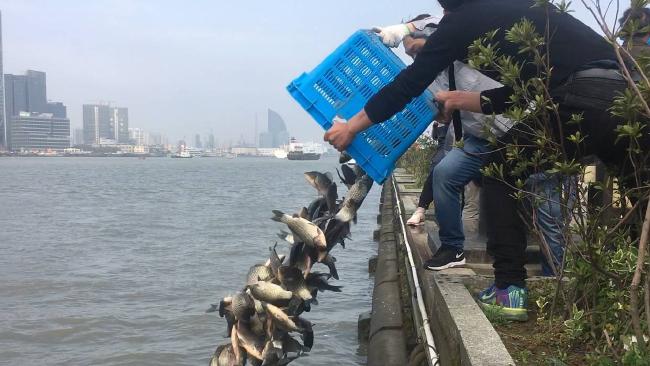In Liber CXCIV, “An Intimation with Reference to the Constitution of the Order,” BAPHOMET XI° wrote:
“The Eighth Degree is a Philosophical Body. Its members being fully instructed in the Principles of the Order, save in one point only, devote themselves to the understanding of what they have learned in their initiation. They have power to reverse the decisions of the Grand Tribunal, and to compose all conflicts between any of the governing bodies. And this they do upon the great principles of philosophy. For it will often occur that there is contention between two parties, both of whom are right from their own point of view. This is so important that an illustration is desirable. A man is smitten with leprosy; is it right that men should circumscribe his liberty by isolating him from his fellows? Another holds back land or some other necessity from the common use; is he to be compelled to surrender it? Such cases of difficulty involve deep philosophical principles; and the Areopagus of the Eighth Degree is charged with the duty of resolving them in accordance with the great principles of the Order.”
In the news earlier this year was a story about just this sort of knotty philosophical problem. The Wall Street Journal recounts Chinese Buddhists performing a ritual called “fansheng” in which they purchase live fish from local fisherman and liberate said fish, celebrating the value of every single life on this planet. Meanwhile, locals, in anticipation of this ritual set up nets throughout the area to recatch the fish to sell them back to fish markets and supplement their meager incomes or eat them. This actually happens in locations around the world and a documentary narrated by Leonard Cohen recounts the practice taking place in Nova Scotia.
“On many weekends along Shanghai’s Huangpu River, crowds of devout Buddhists, some dressed in brown robes and carrying bells and incense, gather on a promenade.
“Some also bring a truck, which contains stacks of blue plastic crates with tonnes of live fish (mostly carp), plus assorted snails and turtles purchased at markets. After prayers, the Buddhists release the creatures into the river to swim free.
“For centuries, the Buddhist faithful have performed this ritual, which in Chinese is called fangsheng or “life release”.
“They believe the act can do everything from heal ailments to better the universe and improve one’s next life. But the huge quantities released in Shanghai also cost money — a multi-tonne release can set fangshengers back more than $US20,000 ($27,000).
“So you can imagine how the Buddhists reacted a few years back when weekend fishermen began hovering nearby with nets affixed to long poles or hidden underwater to catch the liberated animals and sell them back to the markets or fry them up for dinner.
“For a while, the Buddhists tried to reason with the fishermen and even convert them. It didn’t work. Tempers flared and fights broke out.”
Read the entire story here


